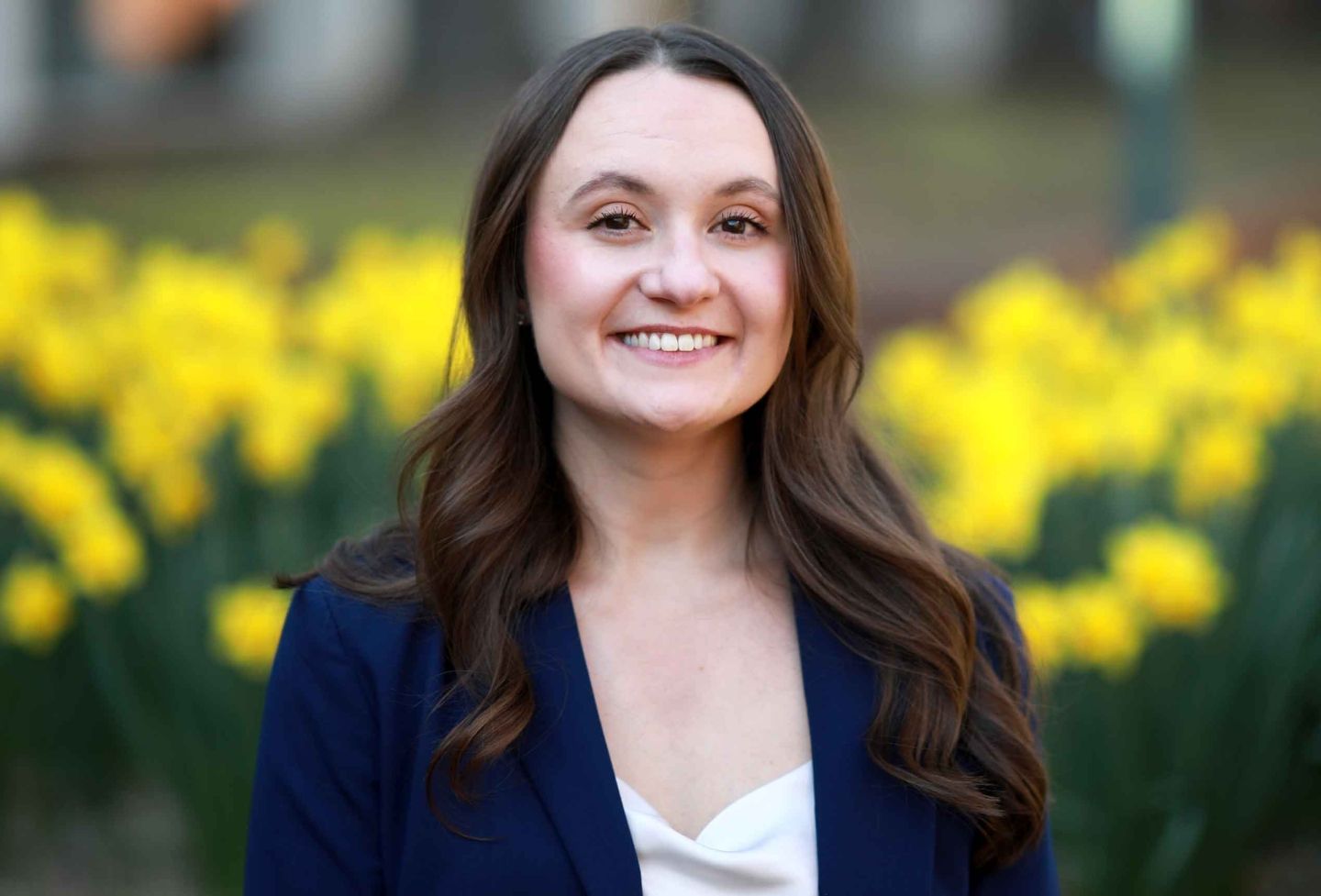For abused and neglected children in transition, sometimes their strongest advocate isn’t a lawyer. Sometimes it’s a law student or someone else from the community simply willing to spend time with them and listen to their needs.
Each year a number of students at the University of Virginia School of Law do pro bono work with Piedmont Court Appointed Special Advocates.
The Charlottesville-based group's trained volunteers and professional staff advocate for the best interests of at-risk children, infants through teens, with the goal of placing them in safe, nurturing, permanent homes.
After multiple visits with clients and their families, the volunteers typically make an appearance before the courts of the 16th Judicial District of Virginia to present recommendations.
“It takes a while to build rapport with your client as a CASA,” first-year law student Thomas Bright said. “You only see them once a month or so, and sometimes the visits are short.”
The time adds up, though, as volunteers build trust. One day, Bright decided to have lunch with his young client.
“I remember on the drive over I felt concerned that he would be embarrassed to have me at his school,” Bright said. “That hadn't crossed my mind previously, but I was suddenly really worried about it. We didn't know each other very well yet, and I was just second-guessing the whole endeavor.”
But when Bright walked into the cafeteria, the child “stood up, waving both hands in the air so that I could find him. He was super-excited to have a visitor, and it was just really cool.”
Volunteers also have to keep up with developments in the case, ascertain which facts matter most and write a memo to the court. The judge ultimately will decide if foster care, adoption or remaining with family is in the best interest of the child.
“There is a lot of information to synthesize, and you're writing directly to the judge,” Bright said.
Second-year law student Addison Dufour’s first case involved siblings and a family who were in heated disagreement with the court’s final decision.
“Having to see family members upset, angry and confused about a decision in court that I had supported was really challenging for me, even though I knew I was making the recommendation that I felt was in the best interest of the children,” Dufour said.
She added, “Months later, at the conclusion of the case, the biological mother came to me after court and wrapped me in a huge hug, thanking me for looking out for her kids.”
Second-year student Wade Foster said although he will pursue a career in environmental law, he intends to continue volunteering with the organization after he becomes a lawyer.
“I believe that CASA will give me an important reality check when I am in practice,” Foster said. “It is easy to get caught up in whatever you are working on, but working with CASA puts a lot of things into perspective and reminds me of what is really important in the world.”
Piedmont CASA holds information sessions for prospective volunteers on the first Thursday of each month, at noon and 6 p.m., in the Madison Room of the Jefferson-Madison Regional Library. Training sessions begin in April. For more information, visit pcasa.org.
Founded in 1819, the University of Virginia School of Law is the second-oldest continuously operating law school in the nation. Consistently ranked among the top law schools, Virginia is a world-renowned training ground for distinguished lawyers and public servants, instilling in them a commitment to leadership, integrity and community service.


